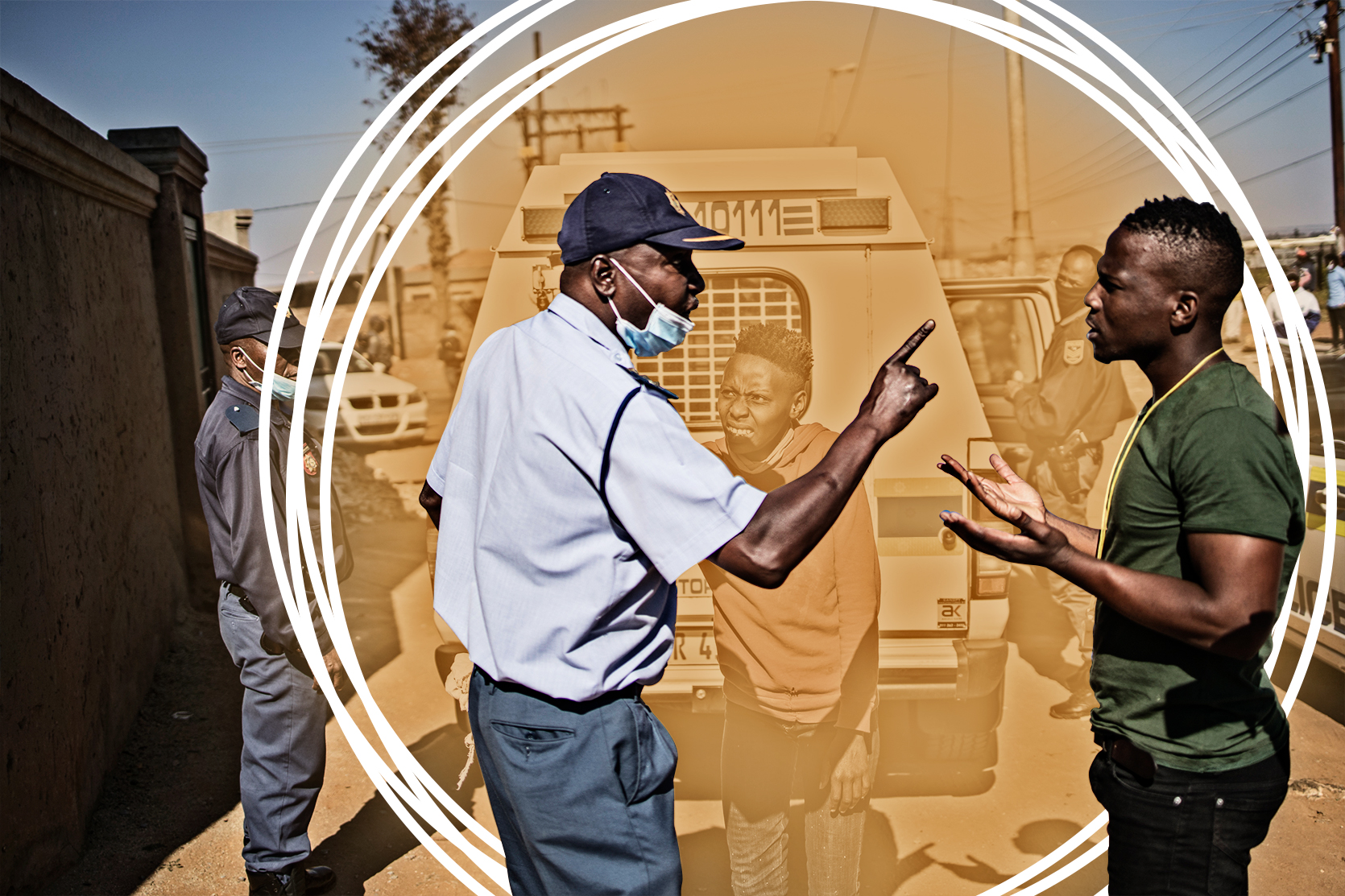
Flattening the curves
When President Cyril Ramaphosa stepped up to the podium on 15 March 2020, to announce a National State of Disaster, 10 days after the first confirmed case of coronavirus in the country, there was a collective sigh of relief.
He was calm, his plan detailed and his team well-qualified.
The Health Minister, Dr Zweli Mkhize, had the health and political experience and was drawing on lessons learned from devastating impact of the denialism that characterised the government’s approach to HIV for the COVID response.
By March 23, the National Coronavirus Command Council (NCCC) had decided on a national 21-day lockdown.
A day after the lockdown started, days after middle class South Africa had cleared supermarket shelves of toilet paper, pasta and tinned foods, social media platforms were abuzz with scenes from townships of long queues that showed no signs of social distancing.
Social media platforms were abuzz with scenes from townships of long queues that showed no signs of social distancing.
This was South Africa: the suburbs firmly ensconced behind high walls, and the working poor — newly paid and finally free of work obligations — queueing for their lockdown supplies.
The police and army were already on the streets with arbitrary punishments and arrests. These arrests are only some of the constitutional issues that have arisen – including the role of the NCCC itself. On 2 June, a damning High Court judgment declared invalid and unconstitutional most of the lockdown regulations issued by Minister Nkosazana Dlamini Zuma in terms of the Disaster Management Act. The minister had 14 days to review, amend and republish the regulations.
The police and army were already on the streets with arbitrary punishments and arrests. These arrests are only some of the constitutional issues that have arisen.
For all the planning, the press conferences and the late-night addresses to the nation, implementation relies on systems fragile from years of apartheid with minimal redress in the years thereafter.
This is South Africa.
While President Cyril Ramaphosa won initial praise for his handling of the crisis, he has also been criticised for subsequent decisions. The debate has become polarised.
The old adage to never let a crisis go to waste is not unnoticed. But the pandemic has only brought to the fore long-known issues and has exacerbated the existing crises.
South Africa’s inequality is one. Unemployment, now further battered by Covid-19, is another.
But the pandemic has only brought to the fore long-known issues and has exacerbated the existing crises.
At the end of 2019, the unemployment rate was 29.1%, or five times the rate for other parts of the world. The South African Chamber of Commerce and Industry has warned that unemployment could rise to 50% as a result of the pandemic.
The South African Chamber of Commerce and Industry has warned that unemployment could rise to 50% as a result of the pandemic.
For some, there have been positive changes. For many, it is not enough.
As the president himself has acknowledged, mistakes have been. It is clear that the relief measures for the poor are not enough.
Our Covid-19 choices – social distancing versus opening up the economy – have been presented as a matter of life and death. For many South Africans already excluded from the economy, the debate is moot.
We have been warned that the coronavirus will have a second wave. The true challenge for this leadership is not whether we can flatten the curve of the spread but whether we use this moment to flatten the curve of inequality.
Because this is South Africa.
We’d love to hear from you! Join The Wicked Conversation by leaving your comments below, or send your letter to the editor to richard@gga.org.
Paula Fray is a leading media trainer and coach who works across Africa and the Middle East. The former regional director for Inter Press Service Africa, she is the CEO of the pan-African communications company frayintermedia, which has worked to improve the quality of journalism in Africa since 2005.


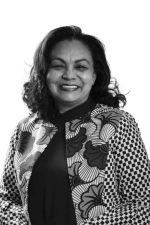
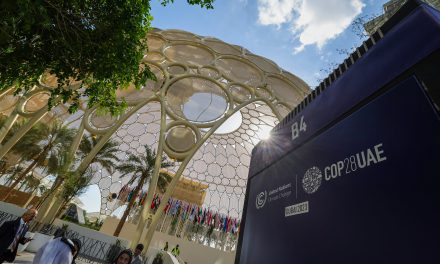
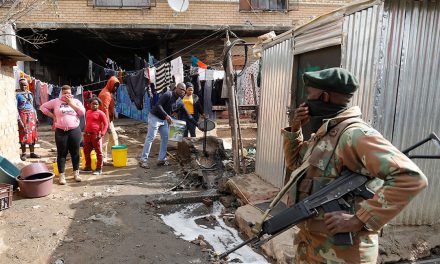
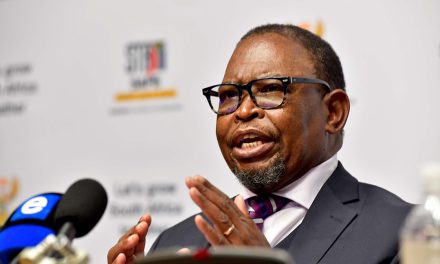
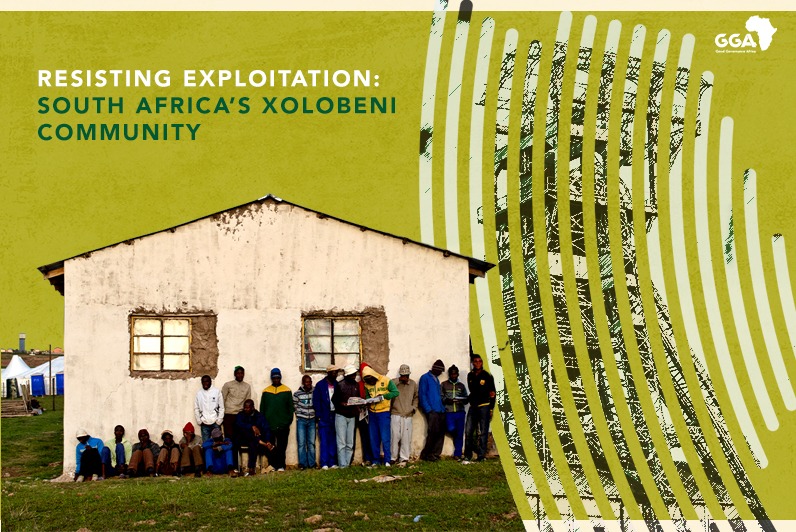


To flatten the curve of inequality there will need to be strong political will and as we have seen in recent times, our State does not seem to have it. Although President Ramaphosa has been hailed for his consultative leadership style, he remains bound and dragged by the party he represents which is in itself divided post 2017 conference. Women still remain underpaid, the poor continue to be economically excluded.
Dear Zibuse,
Many thanks for your response.
We aim to engage with readers, so your thoughts are appreciated. As you suggest, the curves of the pandemic and of inequality are related. Around the world, and also in Africa, the poor are suffering the impact of the virus disproportionately. Meanwhile, President Ramaphosa faces the challenge of a party weakened by years of corruption and poor governance. The pandemic is indeed a Wicked Problem for South Africa, and the continent as a whole. Observations such as yours will be included in our newsletters, which will unfold a developing picture of the impact of Covid-19 in Africa over the next two months.